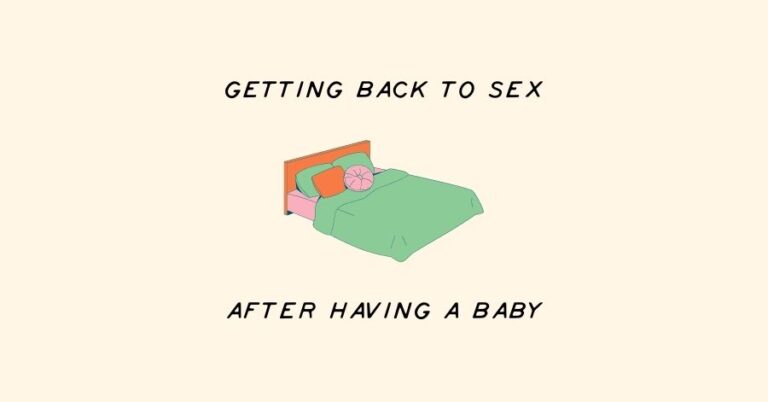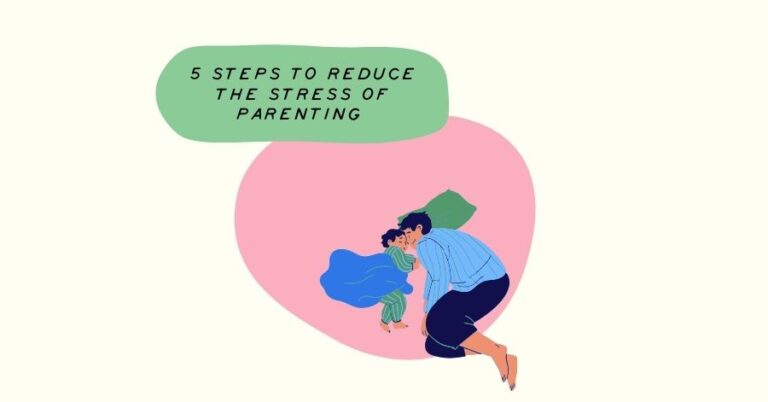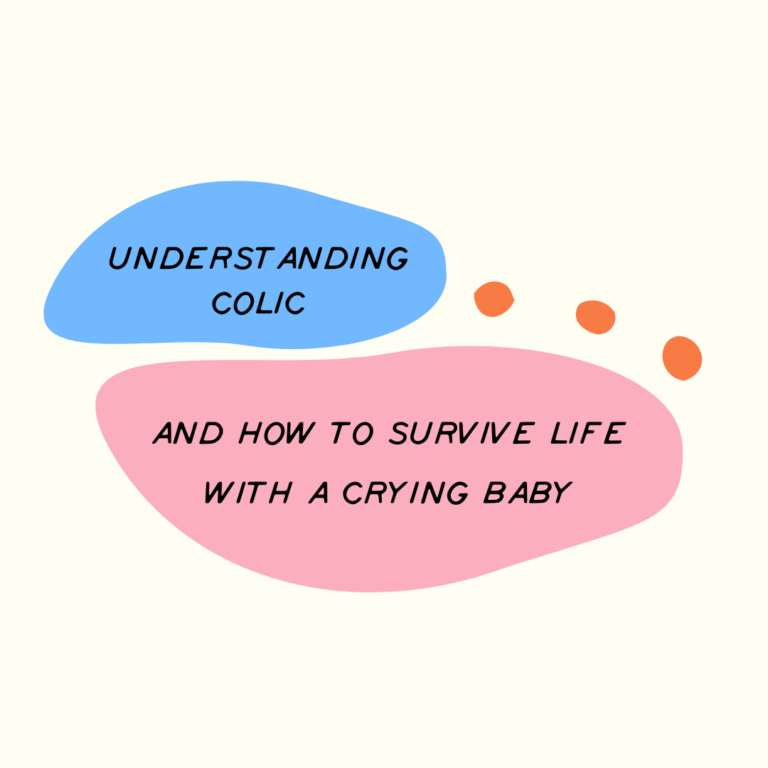“At least you’ve already got a child.”
“At least you know you can get pregnant.”
“It’s for the best because there was probably something wrong with that baby — it’s nature’s way.”
These are the types of comments that remain relatively common but can hurt parents who have experienced pregnancy loss.
As many as 106,000 babies lose their lives to miscarriage, stillbirth and newborn death each year in Australia but many of us still struggle with supporting people through their grief.
Women who experience miscarriage and stillbirth regularly report they feel profoundly alone. And when grief is buried, people can pay a heavy price.
While back in the day, pregnancy loss was barely acknowledged and women were expected to just press on with their lives, research since then has shown how damaging it can be to internalise these kinds of significant, life-altering events.
Wembley GP Leon Levitt says it’s important people know they are no longer expected to grieve silently after miscarriage and stillbirth.
“Every pregnancy loss is emotional for the parents,” Dr Levitt explains. “There are very high expectations of the pregnancy and enormous physical and psychological changes to our lives planned and expected and, then when all that is dashed, we feel the loss tremendously.
“After a stillbirth, there is an even greater physical and emotional recovery period. Support from family, friends and professional psychological therapists is essential for most people.
“Where there is a strong relationship with the GP, then this relationship should be called upon to guide the parents through a very sad and difficult time.”
According to Janelle Marshall, national manager of care services at Sands, a miscarriage, stillbirth and newborn death support charity, dialogue around grief is crucial for people to become better equipped to deal with it.
She says even just acknowledging someone’s loss can go a long way.
“Having a baby die is not only very traumatic but can also be a very isolating and lonely experience,” Ms Marshall explains.
“Sometimes it will feel as though no one understands how you are feeling. Throughout this difficult time, it is important that you get the support and help you need in order to be able to grieve healthily.”
Grieving “healthily” could involve being with people who have been through similar experiences and who can understand your feelings, she says.
Sands runs local face-to-face support groups and holds memorial events for bereaved parents and their families.
Ms Marshall says it’s also important to recognise grief can send people into a volatile state.
Reactions are individual but, often, complex feelings can bubble to the surface — and this is normal.
Grief is hard work, she adds, and most people also have a strong need to know why their baby died, what caused the pregnancy to end so abruptly and whether it will happen again.
“You may feel angry and frustrated by the answers you do or do not receive,” she explains. “You may also feel guilty or responsible — this is normal and those feelings should not be ignored, but slowly and gently worked through.”
It’s also common for parents to replay in their minds what happened — over and over again, she adds. “This is a normal part of trying to comprehend and process their loss,” Ms Marshall explains. “So ask as many questions and talk as much as you need.
“Often women feel the need to share their stories and to talk about their feelings and their thoughts with others as a way of managing their grief.
“Men will often choose to work through their feelings and thoughts themselves to manage their grief.”
She says the best way for family and friends to help is to give the parents the opportunity to lead the way with their grieving and to ask what they need in support.

Practical and gentle advice on getting back to sex, from GP Obstetrician Dr Leon Levitt. He discusses everything from communication in relationships to contraception.

Stress in parenting has reached epidemic proportions. How can we take the natural stress and worry of parenting, and stop it from becoming excessive? By following these 5 simple steps from Dr Leon Levitt.

What does it mean when my baby cries? How do I know if they have colic or reflux? Dr Levitt provides all the answers when it comes to unsettled and crying babies.
We acknowledge the traditional custodians of the land on which Baby Steps stands and we pay our respects to Elders past, present and emerging. The land on which we live and work always was, and always will be Aboriginal land.
© 2024 Babysteps Health Centre | Terms of Service | Privacy Policy | Shipping & Returns
The Clinical Guidance Committee advise Baby Steps on all clinical matters effecting the health practitioners within our centre. It’s members gather together to discuss and develop guidelines relating to:
Meetings are held several times a year, or at the request of Baby Steps for specific clinical advice. It is lead by a chairperson and educational coordinator, elected by the group of participating health practitioners.
Baby Steps supports the independent businesses of:
If you’re looking for support, contact our Practice Manager Michelle Bredemeyer
pm@babystepshealth.com.au
08 9387 2844